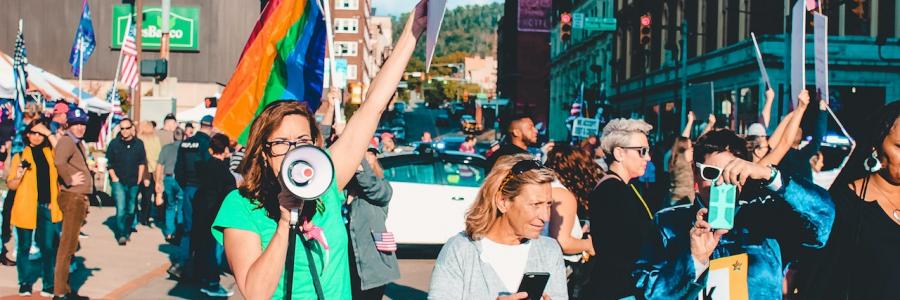We examine developments in artificial intelligence, online interactions, and data sharing that affect how public spaces are used for work, play and learning. We consider ways to ensure they remain free and equal.
We also aim to help ensure that these advances maintain or improve rather than threaten democracy.
Our research focuses on:
- social media and other communication technologies like chatbots that can improve voter engagement and understandings of politics, but also spread fake news, polarise society, and enable excessive surveillance
- the increased power of large international technology companies, which runs up against a perceived loss of national sovereignty
- the web’s effect on inequalities and democratic disengagement, which are often predicted by gender, race, age, sexuality and other intersecting identities and characteristics
- automation and the extension of the workplace into the private sphere, which provides some benefits but may threaten democratic rights won by collective bargaining
Contact us
If you’re a researcher, policymaker or industry representative and you have a project proposal or other need related to this theme, please contact theme lead Matthew Ryan.
Related groups and centres
-
Centre for Democratic FuturesWe carry out interdisciplinary research on the conditions of achieving democratic futures, ranging from conceptual debates to challenges of institutional innovation and public policy.
-
Rebooting DemocracyDespite continued support worldwide for democracy as a regime, democracy as a practice is suffering. Learn about our efforts to develop interventions to avert crises of democracy.
